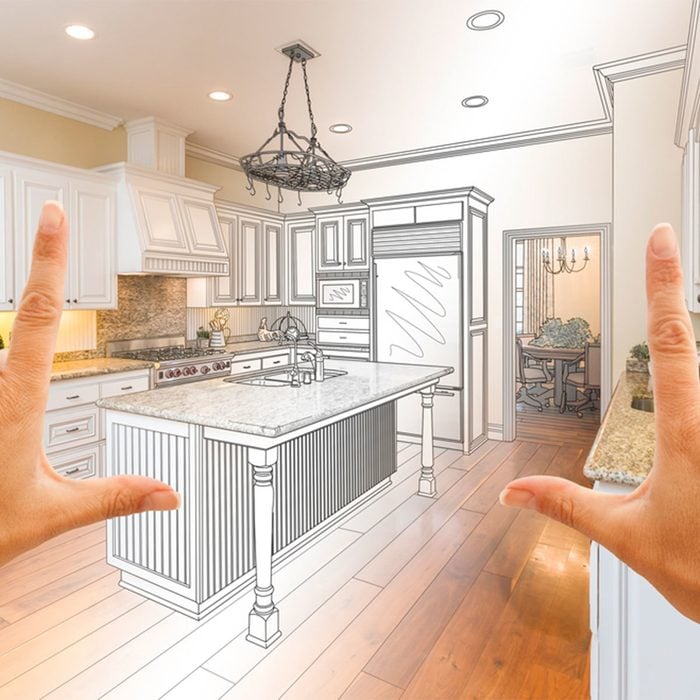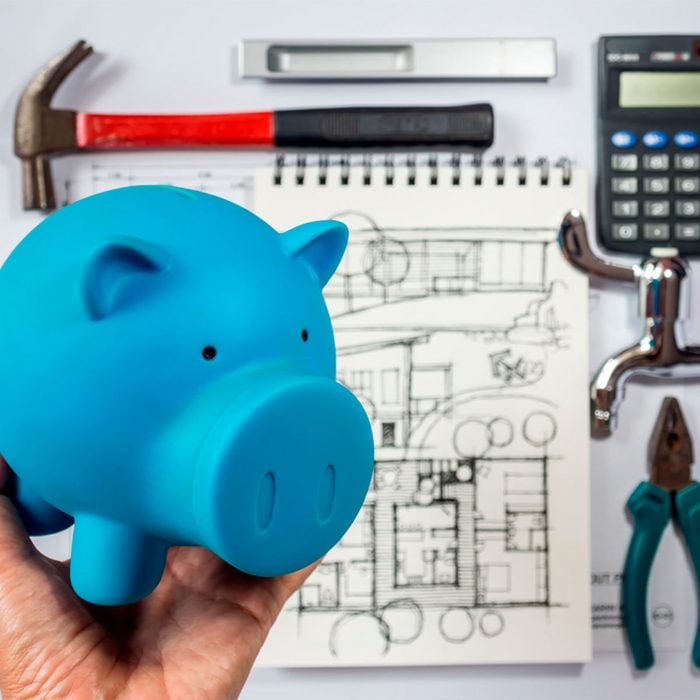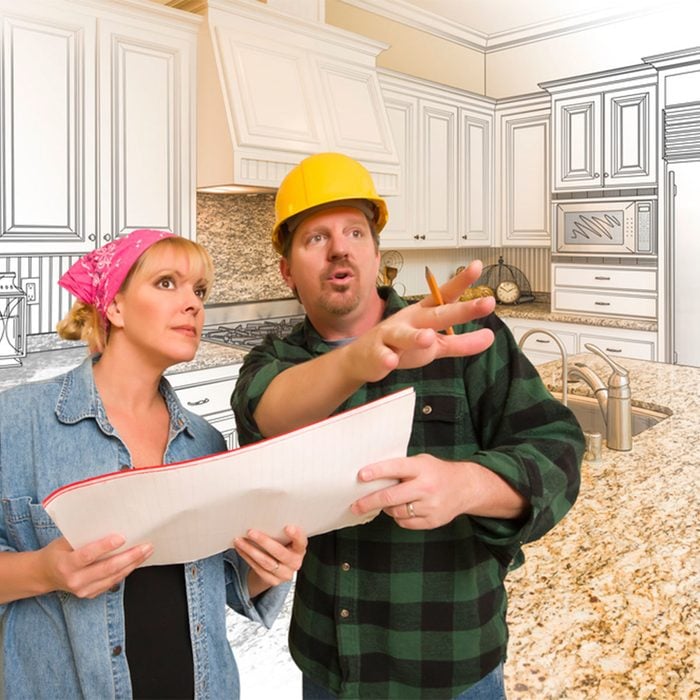Menu

This is Modal Title
Request Quote
Ready to transform your home? Send us an email and we will reach out with the next steps.
This is Modal Title
Request Quote
Ready to transform your home? Send us an email and we will reach out with the next steps.








